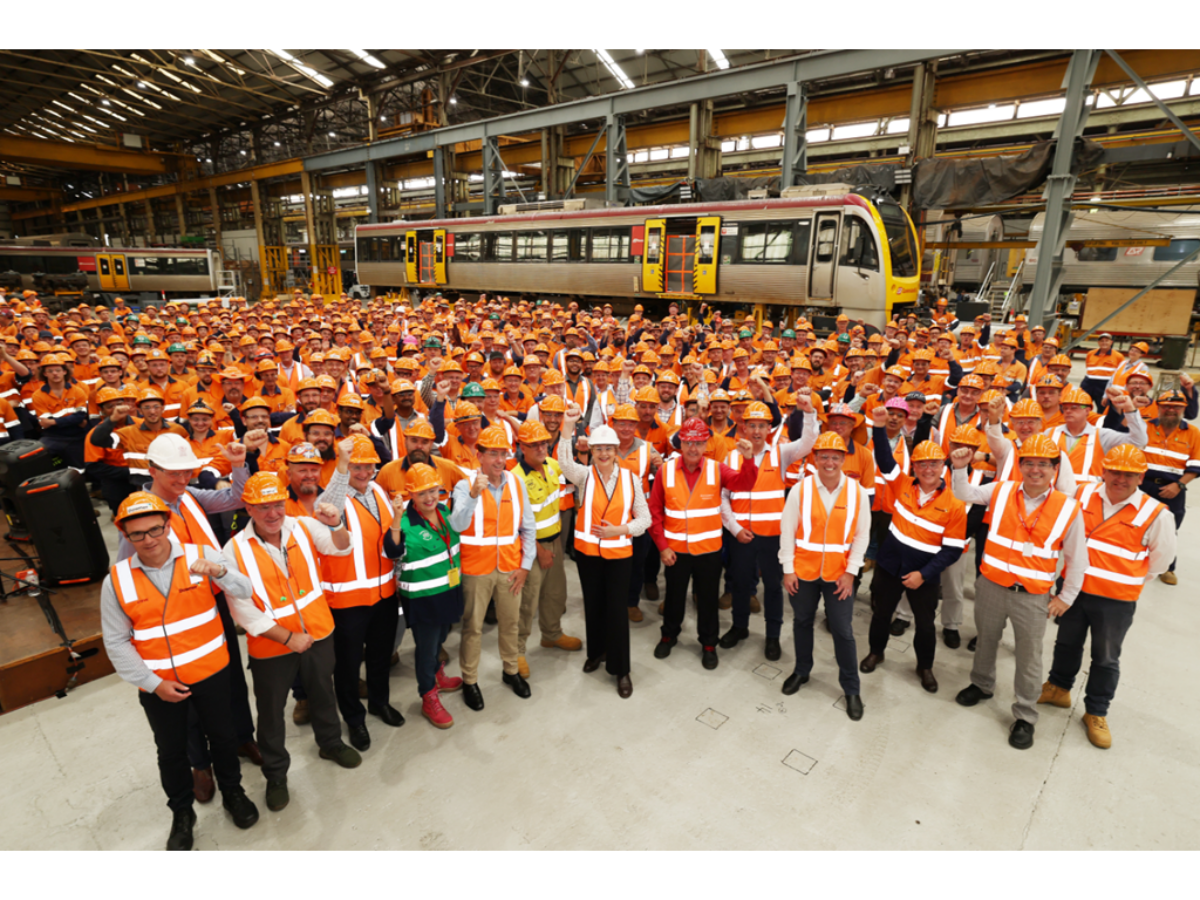Budget 2024 “the most manufacturing-centric in decades”: Ai Group

It is probably “quite a surprise to Australian manufacturers to find themselves as the centrepiece industry” the Ai Group has commented ahead of next week’s federal budget, though skills shortages continue to hold the industry back.
In a research note published by the employer organisation this week, it takes stock of the manufacturing industry’s performance in the last five years, summarising some findings from its recent Australian Manufacturing Performance Report, and offering that manufacturers “will be cheered” by their centrality to the budget this time around.
Ai Group Director of Research and Economics Dr Jeffrey Wilson writes that the report finds that manufacturing performed strongly coming out of the COVID-19 pandemic, moved up the value chain, and invested healthily, with “$15 billion worth of new capital expenditure in 2023”.
Quarterly capex levels “have soared by 77%” since the start of 2019, according to Ai Group figures, with “strong momentum behind private sector investments into Australian manufacturing” before the National Reconstruction Fund has made any investments.
However, the industry remains “disastrously short of staff”, and although this has improved since a peak in 2022, “there are “around 12,000 open jobs that should have but cannot be filled.”
“Output, margins and investment” have increased, but the skill shortage persists, writes Wilson, who concludes that “[f]ixing the skills pipeline will be as, if not more, important than investment incentives.”
The research note can be read here.
Picture: Workers at Downer in Maryborough (credit Queensland government)
@aumanufacturing Sections
Analysis and Commentary Awards casino reviews Defence Gambling Manufacturing News Online Casino Podcast Technology Videos





